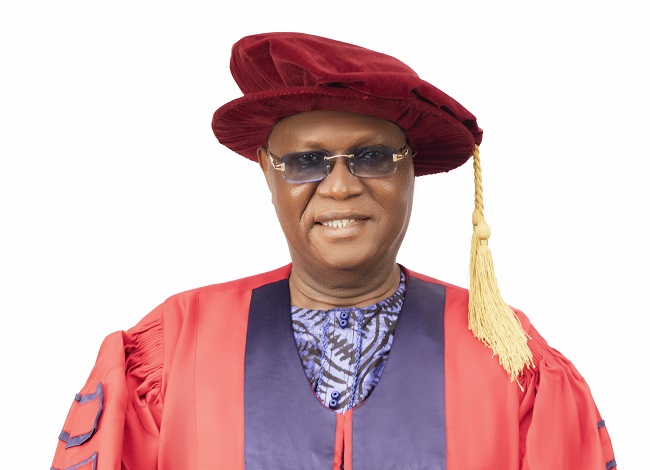INTRODUCTION
Meaningful living is about deriving happiness from providing selfless services to one’s society. It is a lifestyle. It involves living the life of giving, planting seeds for trees that will someday give shade to people that we may never meet again during our lifetime. It is a lifestyle of deriving happiness from joining others to promote the welfare of some many others.

For a start, let us share some interesting statistical facts of life, about man’s biblical life span of 70 years. Indeed 70 years amounts to only 25,568 days on earth. If one lives up to 80years, it would total only 29,220 days on earth. For the very few that live up to 90years, they will only
enjoy living for 32,873 days on earth. Even those who may live over 100 years, will never make 50,000 days on earth.

This serves to remind us all, about the futility of man’s relentless and endless search for the accumulation of wealth, without giving and connecting with basic humanity and society. Many people solely focus on things that have to do with material wealth, such as having cars, building and buying properties, buying jewelries and other selfish illusions of life, that are generally not meaningful to the real essence of human living. An inspiration for meaningful living can be drawn from a Winston Churchill’s (1874-1965) quote: “We make a living by what we get, but we make a life by what we give.”
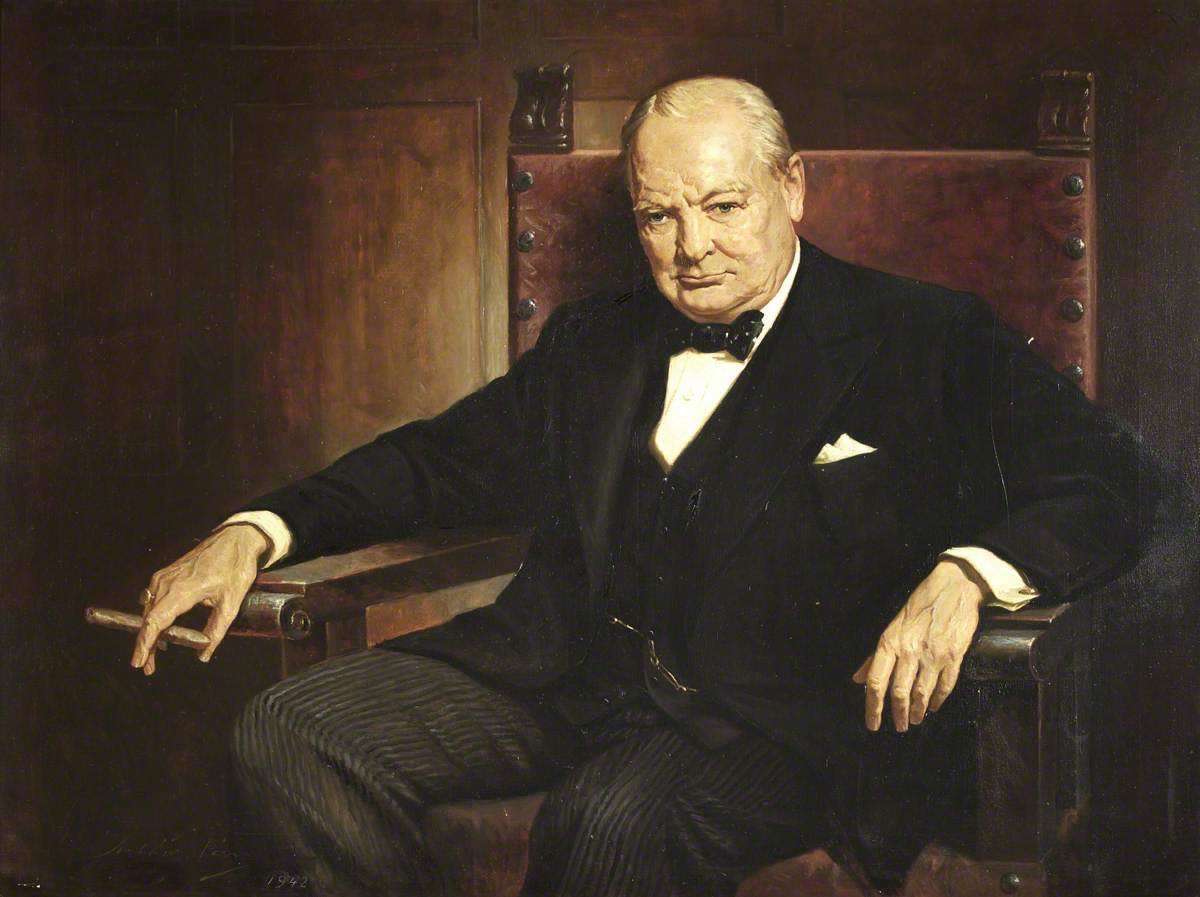
Hence, it can be safely stated that those whose life’s vision, is influenced by the philosophy of futility in man’s accumulative tendencies, are generally driven by the awareness, that human happiness in life, do not result from what we get, but by what we give to others”.

Indeed, giving instead of receiving as life’s pursuits, has been identified by philosophers, to be a major ingredient for living meaningful life.
A practical illustration of this, has been related by Nigeria’s billionaire, Mr. Femi Otedola, in a telephone interview. He was asked by a radio presenter that: “Sir, what can you remember thathas made you, happiest man in life?”

Femi said:
“I have gone through four stages of happiness in life and finally, I have come to understand the meaning of true happiness.”
My life’s first stage, was to accumulate wealth and means. But at this stage I did not get the happiness that I wanted.
Then came the second stage of collecting valuable items. But I soon realized that the effect of this, is also temporary and the luster of valuable things, do not last long.
Then came the third stage of getting big projects. That was when I was holding 95% of diesel supply in Nigeria and Africa. I was also the largest vessel owner in Africa and Asia. But even with that, I did not get the happiness I imagined, for myself.
The fourth stage was the time, when a friend of mine requested me to buy wheelchairs for some disabled children. Some about 200 kids.
At that friend’s request, I immediately bought the wheelchairs. But the friend insisted that I go with him and hand over the wheelchairs to the children. I then got ready and went with him. I gave the wheelchairs to those children with my own hands. I saw the strange glow of happiness on the faces of those children. I saw them all sitting on the wheelchairs, moving around and having great fun.
It was as if they had arrived at a picnic spot where they were sharing some won jackpot. I felt REAL joy inside me. However, when I decided to leave, one of the kids grabbed my legs. I tried to gently free my legs, but the child stared at my face and continued to hold my legs, tightly. I bent down and asked the child: Do you still need something? The answer this child gave me, not only made me happy but also thereafter, changed my attitude to life completely. This child said:
“I want to remember your face so that when I meet you in heaven, I will be able to recognize you, so as to thank you once again.”
Fellow Engineers, what would we be remembered for, after we leave our offices or this world? Would anyone desire to see our faces again, where it will all matter?

The Chinese philosopher Confucius, (551BC – 479BC) was the first philosopher to state that; “He who wishes to secure the good of others, has already secured his own.” Thus, the life of devotion to charity, is a veritable means of living a meaningful life, as it is widely accepted by positive psychologists.
POSITIVE PSYCHOLOGISTS AND MEANINGFUL LIVING.
Positive psychology is that field of social studies, which engages in expanding the virtues of man’s meaningful living. Some researchers in this field have differentiated the distinction between living a meaningful life and living a happy one. The result of such various researches suggest that, there is more to life than happiness.

Roy Baumeister, a Francis Eppes Professor of Psychology at the Florida State University, USA, published a paper in the Journal of Positive Psychology, co-authored with some other researchers at the Universities of Minnesota and Stanford, USA, which extensively espoused, that, “A happy life, is significantly different from a meaningful life”.
In their research studies, they surveyed 397 adults, towards looking out for the correlation between people’s levels of happiness, meaningfulness, and other various aspects of life, including behavior, moods, relationships, health, stress levels, working lives, creative pursuits, and more. Their findings reveal that meaningful life is distinct from a life of happiness.
Meaningful life, is Not connected with whether one is healthy, or has abundant wealth, or feels comfortable in life. It goes far beyond all these.
From their research, they identified some major differences between living a happy life as against living a meaningful life, among which are the following:
- Happy people tend to satisfy their wants and needs, but these seem largely irrelevant to living a meaningful life.
- Happiness involves focusing on the present, whereas meaningfulness of life, involves thinking more about the past, present, and future—and the relationship between them.
- Happiness was seen as fleeting, while meaningful living seems to last longer.
- Meaningfulness of life is derived from giving to other people, whereas happiness comes from what is received.
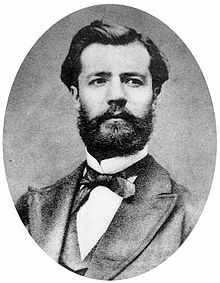

FEELING GOOD THROUGH “DOING GOOD”.
Meaningful living is enjoined in the holy books, as contained in the Koran (2: 261), that:

“Those who bestow their wealth in the way of God, are like the grains of corn that sprouts seven ears; a hundred grains in every ear. So God multiplies for those whom he will.”
Also the Quran states in Chapter 18 VS 110 that, God states to Mohammed that,
“Oh Mohammed: “I am no more than a human being like you; one to whom revelation is made’’. “Your Lord is the one and only God. Hence, whoever looks forward, to meet his Lord, let him do righteous”.

Buddhists also provide for the required action, in what is called; Dana. The concept of Dana, includes giving, sharing and selflessly giving without the anticipation of any returns or benefits to the giver. Dana also provides for giving one’s sweat, with givers donating their time and efforts, for the good of others, without getting anything in return.

In Hinduism, as stated by Swami Vivekananda, “The great secret of true success and true happiness, is this: the man or woman who asks for no returns, the perfectly unselfish person, is the most successful”.
The Bible also emphasizes same in the words of Apostle Paul, as contained in 1stCorinthians 13:13, that:

“And now abideth faith, hope and charity, these three; but the greatest of these is charity”. The bible also recognizes doing good, as God’s identification of his own religion, as contained in James 1:27.
In general, philosophers, religionists, theologists and historians are in agreement, in their emphasis, that money cannot buy happiness. Various researches conducted by positive psychologists, also confirms this.
Indeed, Positive Psychology researchers have found that, working on something philanthropic has deeper and more lasting effects on human well-beings, than the empty pursuit of pleasure, profit, wealth and the good things of life.

For instance, Professor Martin Seligman, the father of positive-psychology and professor at the University of Pennsylvania in
Philadelphia, USA, has established a strong correlation between doing well and feeling good. In class assignments, he got students to engage in fun, such as watching movies with friends, or volunteering to help others. The students invariably found putting the needs of others before their own, as more profoundly satisfying than seeking fun for themselves. He found that, “Eventually, you need to find a way to use your strength for something beyond yourself or you would only wind up doing what is called ‘fidgeting unto death,”.
ILLUSTRATION WITH A PEEP INTO THE LAST MOMENTS, OF STEVE JOBS
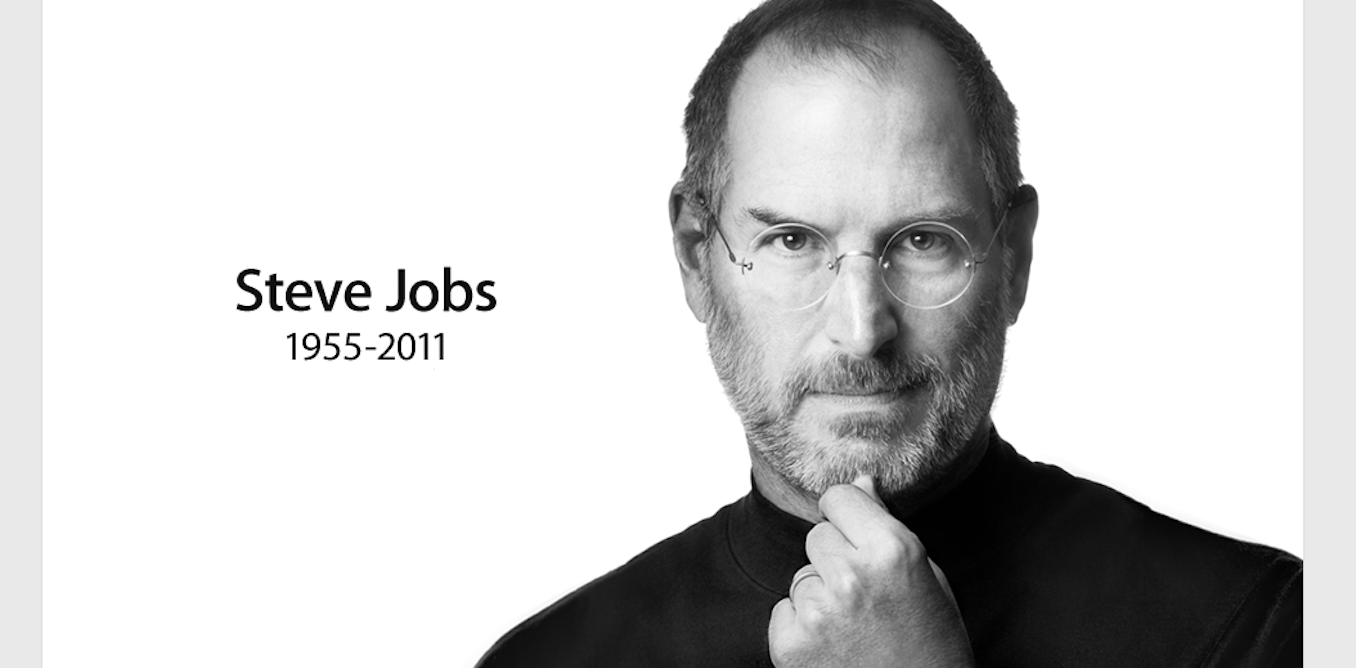
At this stage, please let me share with you, the last words of Steve Jobs on his death bed, which goes to buttress the importance of meaningful living.
“I reached the pinnacle of success in the business world. In others’ eyes, my life is an epitome of success. However, aside from work, I have little joy. In the end, wealth is only a fact of life that I am accustomed to.

At this moment, lying on the sick bed and recalling my whole life, I realize that all the recognition and wealth that I took so much pride in, have paled and become meaningless in the face of impending death. In the darkness, I look at the green lights from life supporting machines and hear humming mechanical sounds, I can feel the breath of god of death drawing closer…….Now I know, when we have accumulated sufficient wealth to last our lifetime, we should pursue other matters that are unrelated to wealth……. The wealth I have won in my life I cannot bring with me. What I can bring is only the memories precipitated by love……. Material things lost can be found. But there is one thing that can never be found when it is lost – Life. When a person goes into the operating room, he will realize that there is one book that he has yet to finish reading –the Book of Healthy Life……”
Please let us substitute his book of healthy life for, the book of meaningful living.
“Treat yourself well. Cherish others” — Steve Jobs
OTHER CONTRIBUTORS TO THE VALUE OF MEANINGFUL LIVING
The parting message from Steve Jobs is confirmed by many other thinkers including, but not limited to the poet Maya Angelou (1928-2014).
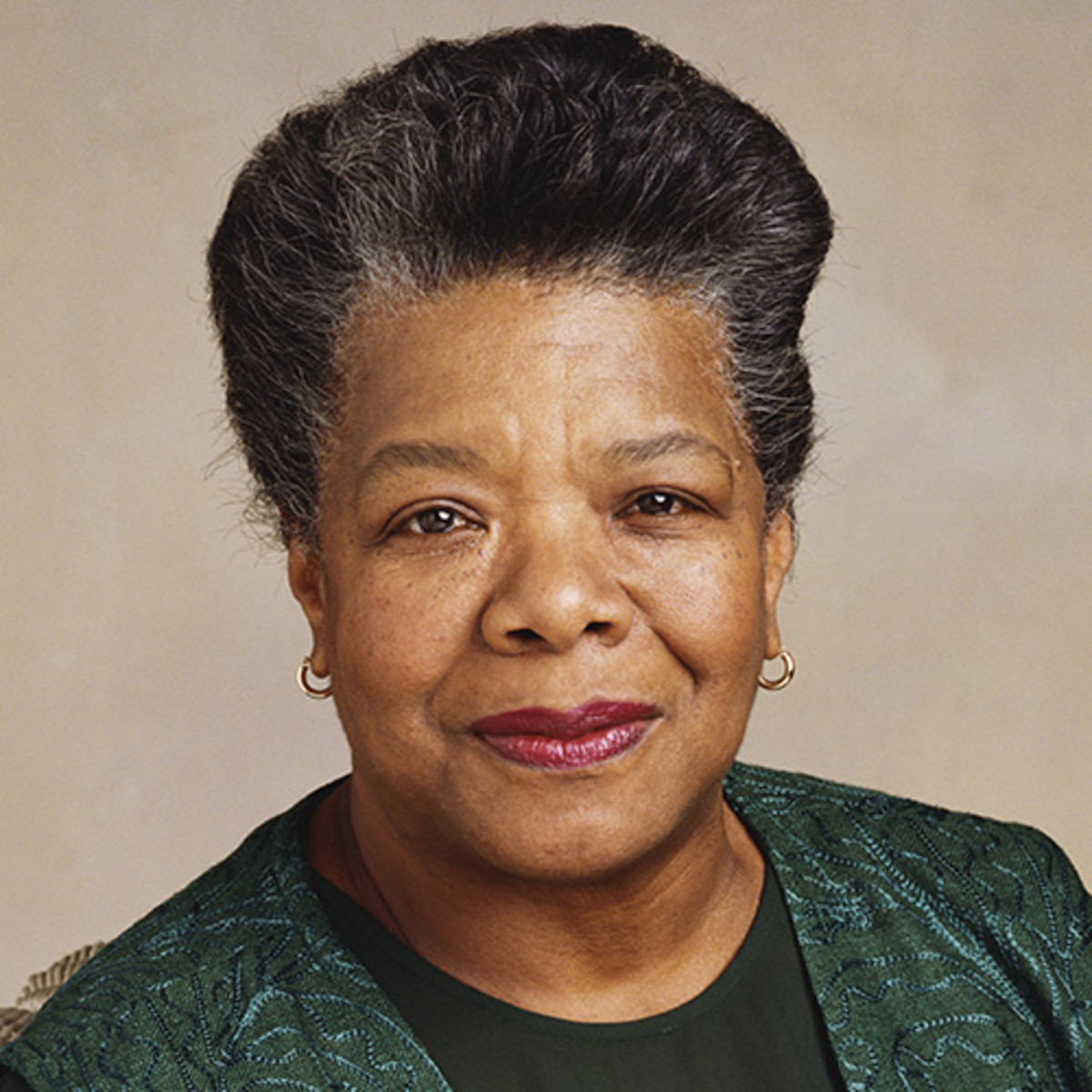
Who stated that; “I have found that among its other benefits, giving liberates the soul of the giver.”
In practice, the lifestyle of meaningful living, involves creating room from limited means, for giving to those who do not have, empathizing with the poor, under privileged and the physically handicapped of this world. In doing these, we will end up leaving a rich legacy behind, of selflessness, philanthropism (in whichever way one is best suited for us) and making meaningful contributions to our immediate community, society and the world. In doing this, we will thus be selflessly making meaningful difference to the lives of those in want, in our society. This enjoinment agrees with man’s spiritual essence as,is captured by Henry Ward Beecher (1813-1887) to the effect that;
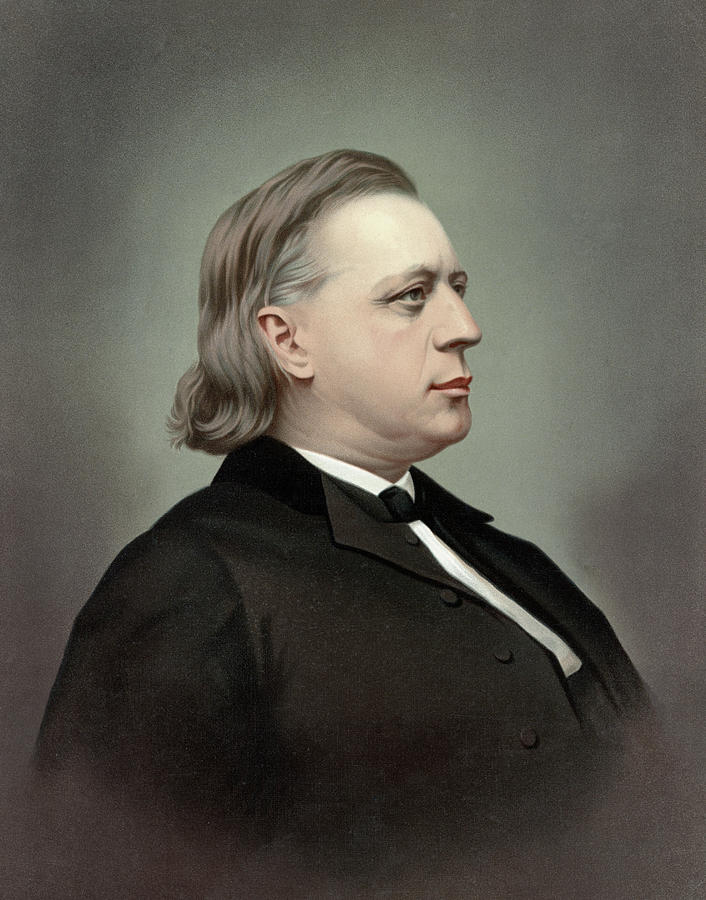
Every charitable act is a stepping stone towards heaven”.
May I conclude, with this interesting story?
A beautiful and rich woman, in an expensive dress came to her psychiatrist, saying that she was depressed, her life was meaningless and was seeking happiness.
The psychiatrist then called an old lady by name Mary, who usually cleaned office floors and told her to tell her story. So the old lady put down her broom, sat on a chair and told her story.
“My husband died of cancer, three months after which, my only son was later killed by a car… I then had nobody and nothing left….
I could not sleep, I could not eat and I could not smile at anyone. I even thought of taking my own life. Then one evening, a kitten followed me home from work. Somehow, I felt sorry for that kitten. It was cold outside, so I decided to let the kitten in. I got it some milk and the kitten licked the plate clean. Then it rubbed against my leg and for the first time in months, I smiled.
Then I stopped to think: if helping a little kitten could make me smile, then maybe doing something for people could also make me happy. So the next day, I baked some biscuits and took them to a neighbor who was sick in bed.
Everyday thereafter, I tried to do good to someone. It made me so happy to see them happy.
Today, I do not know of anybody, who sleeps better than I do. I have found happiness by giving happiness to others”.
After hearing this story from Mary, the rich lady cried. She imagined that she had everything money could buy, but she had lost the things money cannot buy.
Hence, the beauty of life does not depend on how happy you are, but on how happy you can be, because of doing good to others.
Hollywood also has its own contribution to this our topic. As in the film, Hello Dolly, the character played by Barbra Streisand, Dolly Levi, had this to say:
“Money, pardon the expression, is like manure. It’s not worth a thing unless it’s spread around, encouraging young things to grow”.
Happiness is not a destination, it’s a journey.
Happiness is not tomorrow, it is now.
Happiness is not a dependency, it is a decision.
Happiness is who you are, not what you have.
We should always try to touch lives irrespective of our endowments.
Just like this story went, we need to always be grateful to, Jimmy Wales, the founder of Wikipedia who have also touched billions of lives, without seeking monetary gains. Today, mankind are all beneficairies of the decision of Jimmy Wales, for making Wikipedia totally free to the world, with it’s 50 million articles, in 300 languages.
Wikipedia today, is funded by donations and it is the 6th largest website in the world, worth billions of dollars, but used free by us, all.
Jimmy Wales, could have been a billionaire, but he gave all of this away.
Every single one of us in this lecture room, have used Wikipedia.
Thank you, great Engineers, for your attention.
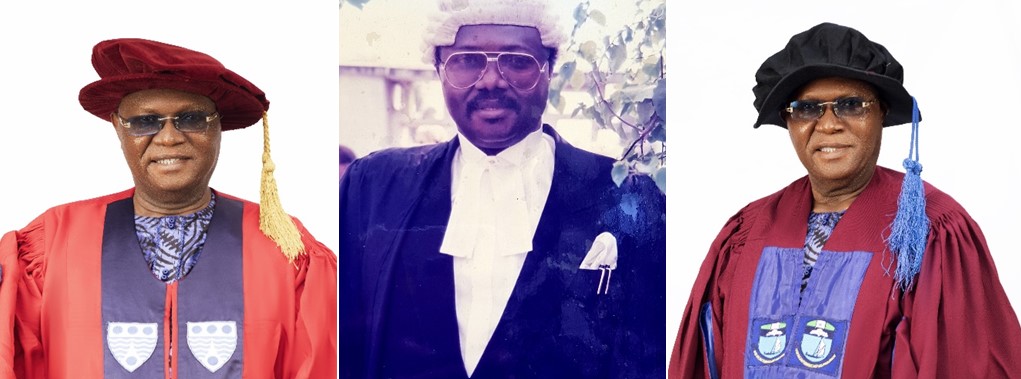
Prince Yemisi Adedoyin Shyllon. B.SC. (Hons) Engr, MBA, LLB(Hons), BL, D.Litt (UNIPORT), D.Litt (PAU), FCS, F.loD, FNSE, FNIM, FNIMN, FCIM, FBIM, FNIAE, FCAI, COREN. Grand donor & Chairman Council of the Yemisi Shyllon Museum of Art, Pan Atlantic University. AND Founder / CEO Omooba Yemisi Adedoyin Shyllon Art Foundation (OYASAF).
